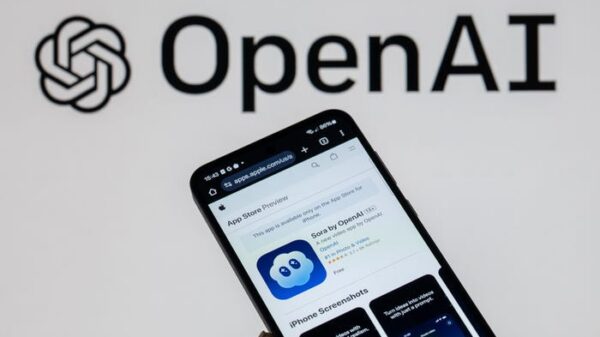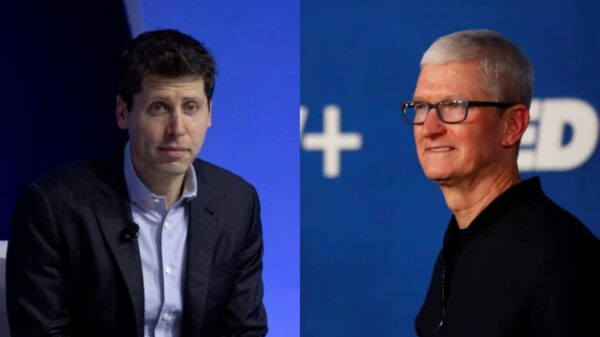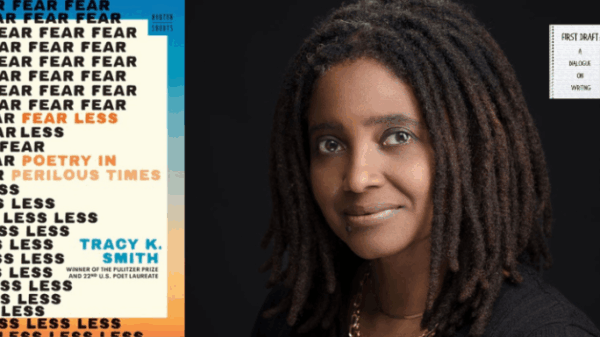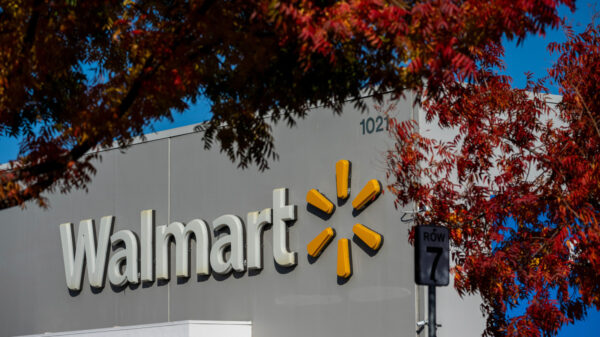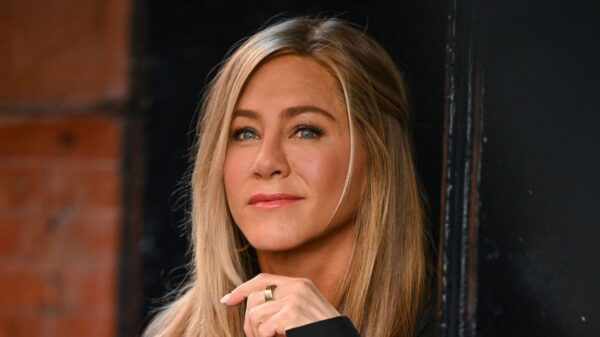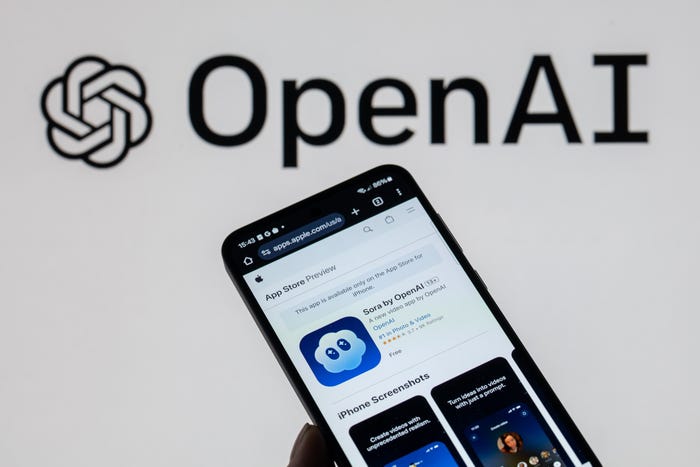URGENT UPDATE: A federal judge has just blocked OpenAI from using the term “cameo” in its Sora video app, creating immediate implications for the AI company’s popular platform. This temporary ruling by US District Judge Eumi K. Lee will remain in effect until December 22, 2023.
The legal battle erupted when Cameo, a well-known personalized video company, accused OpenAI of trademark infringement. Cameo filed the lawsuit on October 28 in federal court in California, claiming that OpenAI’s use of “cameo” could confuse consumers and harm its brand.
Judge Lee’s ruling states that OpenAI must refrain from using “cameo” or any similar names associated with the Sora app. The app features a function that allows users to create personalized video links, which OpenAI had named “cameos.” This decision puts OpenAI in a challenging position just as it aims to launch new features.
“Defendants’ harm arises from its own likely infringing use of a federally registered mark,” Judge Lee noted in her ruling. She emphasized the need for immediate compliance to prevent further damage to Cameo’s intellectual property.
In a statement on social media platform X, Cameo CEO Steven Galanis urged OpenAI to act swiftly. “It’s critical that @OpenAI adheres to Judge Lee’s Temporary Restraining Order ASAP to prevent further irreparable harm to Cameo’s brand and IP,” he stated, highlighting the peak demand for personalized videos during the holiday season, with 30% of Cameo’s video creations occurring between Thanksgiving and Christmas.
As of late Monday morning, OpenAI was still using the term in the Sora app, raising concerns about compliance. An OpenAI spokesperson responded to the ruling, asserting, “We disagree with the complaint’s assertion that anyone can claim exclusive ownership over the word ‘cameo.'” The company is gearing up to present its case in an upcoming court hearing scheduled for December 19, 2023.
This legal setback could significantly impact OpenAI’s marketing strategy for the Sora app, a platform designed to compete with popular social media apps like TikTok. The decision underscores the ongoing tension between innovative tech firms and established brands over intellectual property rights.
As developments unfold, industry watchers will be keenly observing how OpenAI navigates this legal challenge and the potential implications for the branding of its AI-driven applications.

